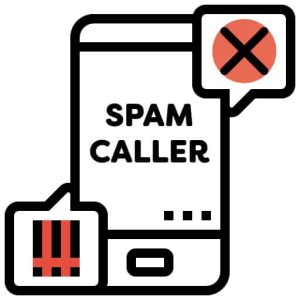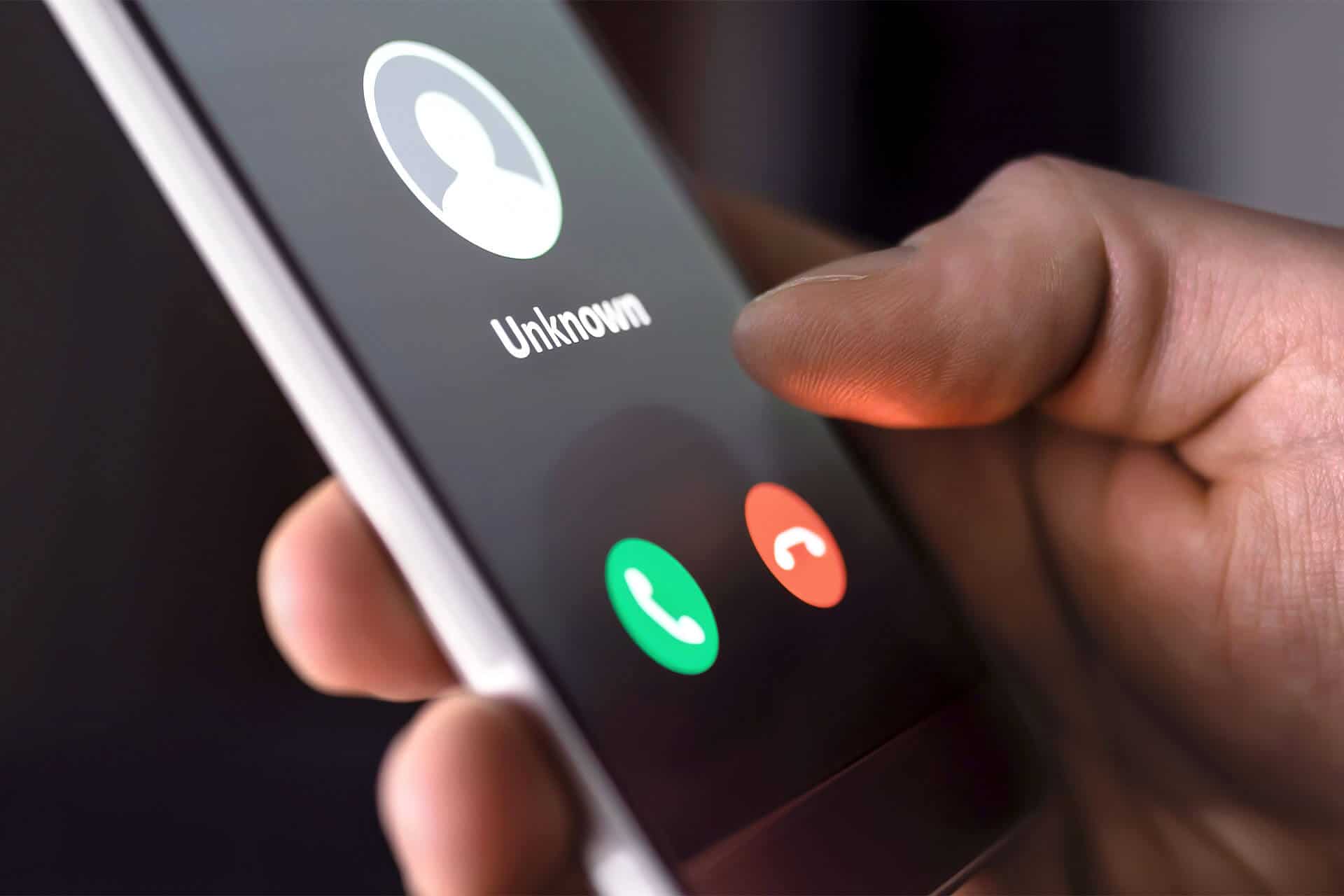Why Do Phone, Email & Text Scams Skyrocket During a Crisis?
Fraudsters and scammers are using the COVID-19 outbreak as an opportunity to prey on people and businesses. The number of faux calls will only continue to rise as stress levels and tensions grow. We at Catapult have even received several scam phone calls this week asking for private information. Keep reading to learn how to identify a scam via phone, text, or email, and how to take action against swindlers.
COVID-19 Scams to Watch For
Phone, email, or text message – scammers are using each form of communication to take advantage of people during the COVID-19 crisis. From virus cure-alls to nefarious online business scams falsely claiming to have cleaning products, fraudsters are using any and every angle to get your money. A few prominent COVID-19 scams circulating include:
- Virus Treatments
As of right now, there is no known cure for the coronavirus. While health experts are testing a variety of possible medications, the CDC and WHO have not verified any treatments, and any claims otherwise are fraudulent.
- Telecommuting Programs
If you get a robocall about telecommuting programs, stop and investigate. Companies offering real solutions will be able to provide proof that they are a company in good standing such as actual people to talk to, a list of references you can call, history of positive reviews on Google and Facebook, a website, social media presence, etc.
- Companies Selling In-Demand Medical Supplies, Cleaning Products, and Sanitization Supplies
Most in-demand medical supplies are going to hospitals and medical professionals who need them most. If you get contacted about them, ask yourself if you actually need them, check the price, and verify who is providing it.
- Communication About Checks from the Government
If you get a text or email from the “government” about claiming free money, you should hold off on clicking any links or replying with personal data. If you’re looking for information on government updates, take a look at government-owned websites for the most reliable information.
- COVID-19 Updates
Emails that claim updates or ways of identifying if you have the virus should be analyzed carefully. The latest official news of the virus will come from the Centers for Disease Control and Prevention (CDC) and the World Health Organization (WHO).
- COVID-19 Vaccines and Miracle Cures
Online offers for vaccinations or any other type of cure-all that can come in the form of pills, lotion, prescription, or over-the-counter medication are false. As of now, there is no known cure or vaccine.
- Fraudulent Charities
Fake charities, individuals, and crowdfunding websites asking for donations in cash, gift card, or by wiring money could be a scam. The government is in the process of issuing stimulus packages. But if you choose to donate to a specific COVID-19 cause, be sure to double-check and verify the charity’s validity.
How to Identify a Scam
With so many modes of communication, the chances of being targeted by scammers increases. In 2018, of those who reported fraud and their age, 43% of people in their 20s reported a financial loss to a scam, while only 15% of people in their 70s did. Popular scams include:
- Robocalls
- Messages from organizations or people you’ve never worked with or agreed to receive information from
- Urgent language used in messaging telling you to do something as soon as possible
- Scare tactics
- Information that sounds too good to be true
- An unsecured link or website
- Non-secure payment methods – Are they asking for a direct bank transfer instead of a protected credit card purchase?
- Obvious spelling and grammar errors
- Someone asking for personal information
Watch out for unknown numbers calling and suspicious email headlines and links. People become victims to scams when they’re not paying close attention to details and to who exactly is trying to contact them.
How the FTC Monitors Phone Scams
The Federal Trade Commission (FTC) has partnered with the Federal Drug Administration (FDA) to issue warning letters to sellers with unauthorized and misbranded products related to COVID-19. It is required by law to have evidence to back up claims made about products.
Stay Cyber-Alert, Ignore the Call
Realistically, the number of scam phone calls, emails, and texts will only increase during this crisis. If you receive a phone scam call – hang up immediately. If you receive a strange link – do not click it. Stay alert to protect yourself or your business.
If you’ve lost money to an online scam or have information about a company or scammer who made the call, report it at ftc.gov/complaint.
Catapult believes in supporting individuals and businesses by providing reliable information, while others are taking advantage of a difficult situation. Sign up for our newsletter to stay updated on our findings. We’re in this together. Stay vigilant and report fraudulent calls, texts, and emails.
Allison Bruhl is a Copywriter at Catapult. She has a degree in mass communication with a concentration in journalism and a minor in Spanish. In her free time, she does photography at local concerts and music festivals.
Work with Catapult Creative Media Inc. Catapult Creative Media Inc. is a digital marketing and design agency serving clients over the United States but is proud to call Baton Rouge, Louisiana home. Founded in 2007, Catapult provides digital, social and mobile marketing solutions backed by relevant strategy and measurable results. Catapult works the web to their clients’ advantage, launching them to their next level of success.


